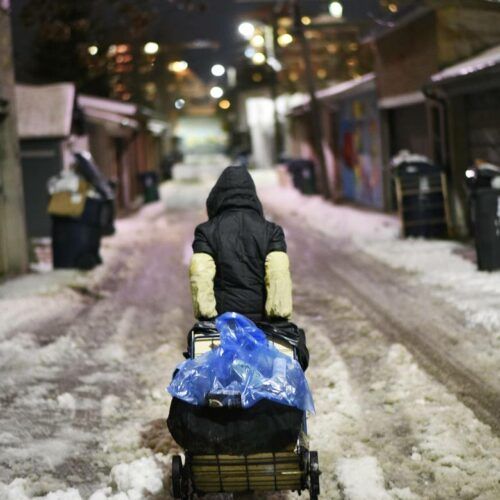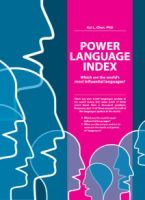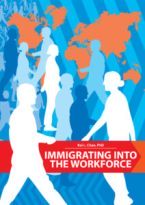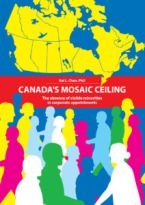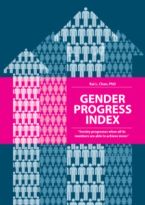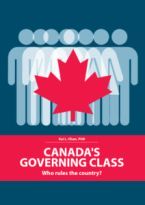Letter to the Globe & Mail (November 19, 2013) Reading this essay (What I learned in law school: The poor need not apply (Nov 17, 2013)) made me think of my own story of escaping poverty and the challenges that are common for those of lesser means to overcome institutional hurdles. Poverty meant I worked long hours in part-time jobs at restaurants and supermarkets as a student, while peers could devote themselves to studying or socializing. The part-time income disqualified me from student financial aid, even as less honest and affluent peers found ways to milk the academic loan system. Coming from a family where my parents had just primary education and scraped by on minimum wage, I was clueless about the workplace for university grads, while my peers could rely on their family social connections to help them secure good employment. Nevertheless, my story had a happy ending – I graduated with a doctorate and found gainful work that took me to Singapore, New York and now Dubai – though I know many capable people who were not as fortunate. As reader Dianne Cooper (Talking Point, Nov. 16) notes, it should come as no surprise that fairness is not embedded…

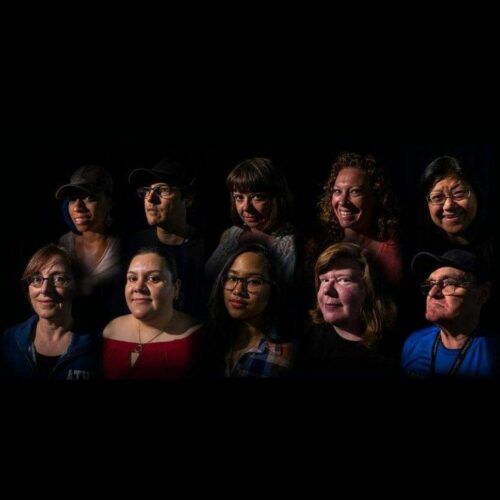 Letter to the Toronto Star (Wednesday, October 10, 2018) 10 people. 10 solutions for poverty, Oct. 8 Joe Mihevc’s idea to incorporate cycling solutions is fantastic in that it simultaneously tackles poverty, fitness and the environment. However, some people — especially those living in poverty — may not know how to ride a bike. I grew up in poverty and learned to ride as an adult. Unfortunately, if this skill is not taught at home it is unlikely to be picked up elsewhere, and learning after early childhood comes with a lot of stigma and embarrassment. This skill should thus be taught in early elementary school for those not fortunate enough to have already learned at home. It would help overcome the mobility issue that limits the options of the poor, a point that was almost universally mentioned by the 10 people in the article. Kai L. Chan, Montreal © Copyright Toronto Star Newspapers Ltd. 1996 - 2018 Letter as it appeared online.
Letter to the Toronto Star (Wednesday, October 10, 2018) 10 people. 10 solutions for poverty, Oct. 8 Joe Mihevc’s idea to incorporate cycling solutions is fantastic in that it simultaneously tackles poverty, fitness and the environment. However, some people — especially those living in poverty — may not know how to ride a bike. I grew up in poverty and learned to ride as an adult. Unfortunately, if this skill is not taught at home it is unlikely to be picked up elsewhere, and learning after early childhood comes with a lot of stigma and embarrassment. This skill should thus be taught in early elementary school for those not fortunate enough to have already learned at home. It would help overcome the mobility issue that limits the options of the poor, a point that was almost universally mentioned by the 10 people in the article. Kai L. Chan, Montreal © Copyright Toronto Star Newspapers Ltd. 1996 - 2018 Letter as it appeared online. 
